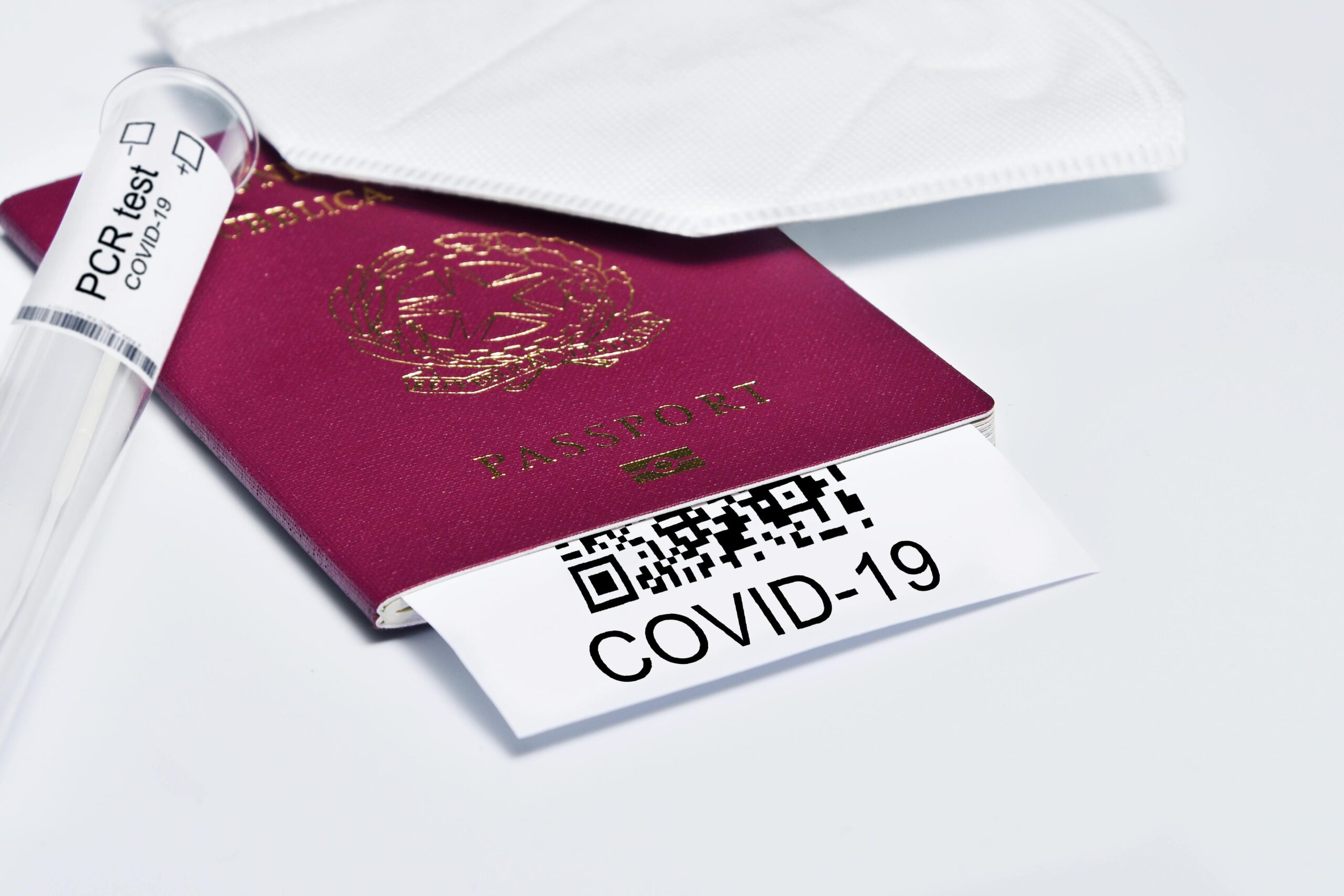In the highly competitive arena of Canada’s Express Entry system, every single point in the Comprehensive Ranking System (CRS) can be the deciding factor between receiving an Invitation to Apply (ITA) and remaining in the candidate pool. While many applicants focus on language scores and education, a nuanced understanding of how work experience is calculated is paramount. This guide provides an in-depth, strategic analysis of how foreign work experience contributes to the overall CRS score, offering critical insights for prospective immigrants aiming for success.
Table of Contents
- The Fundamental Role of Work Experience in the Comprehensive Ranking System (CRS)A Critical Analysis: Foreign Work Experience vs. Canadian Work Experience PointsThe Powerful Multiplier: Skill Transferability and Your Foreign Work Experience CRS ScoreNavigating Category-Based Draws with Strategic Foreign Work ExperienceFrequently Asked Questions (FAQ)
The Fundamental Role of Work Experience in the Comprehensive Ranking System (CRS)
The Comprehensive Ranking System is the intricate engine that powers the Express Entry system, meticulously ranking candidates based on a variety of human capital and supplementary factors. Among these, work experience stands out as a core component, directly reflecting a candidate’s potential to integrate into the Canadian labour market. Immigration, Refugees and Citizenship Canada (IRCC) assesses work experience in two primary sections of the CRS score calculation: Core/Human Capital factors and Skill Transferability factors. For applicants without any Canadian work history, understanding the nuances of how their foreign work experience CRS score is tabulated is the first step toward building a competitive profile. This experience must be full-time (or the equivalent in part-time hours), paid, and classified under a National Occupational Classification (NOC) TEER category 0, 1, 2, or 3 to be considered ‘skilled.’ Within the Core/Human Capital factors, points are awarded directly for the number of years of skilled foreign work experience accumulated. For a single applicant or an applicant whose spouse or common-law partner is not accompanying them to Canada, the points are capped at 50 for three or more years of experience. For applicants with an accompanying spouse, the principal applicant can receive up to 70 points for their foreign work experience, while the spouse can contribute an additional 10 points for their own Canadian work experience, highlighting a slight structural difference in how points are allocated within a joint application. It is imperative that all claimed experience is accurately documented and verifiable, as misrepresentation can lead to severe consequences, including a ban from applying for Canadian immigration.
A Critical Analysis: Foreign Work Experience vs. Canadian Work Experience Points
While foreign work experience is a valuable asset, it is essential for candidates to have a clear-eyed view of its weight compared to Canadian work experience. IRCC places a significantly higher premium on experience gained within Canada, and the CRS point allocation starkly reflects this policy. For example, under the Core/Human Capital factors, a single applicant with three or more years of foreign work experience receives a maximum of 50 points. In stark contrast, an applicant with just one year of Canadian work experience receives 40 points, and this number skyrockets to 80 points for five or more years of Canadian experience. This discrepancy underscores the government’s belief that individuals who have already worked in Canada have demonstrated an ability to adapt to the local workplace culture, understand Canadian professional standards, and have established networks, making their economic integration smoother and more certain. This preference is a cornerstone of the Canadian Experience Class (CEC), one of the three main federal programs managed through Express Entry, which is designed specifically for individuals with skilled work experience in Canada. Therefore, while building a strong foreign work experience CRS score is beneficial, candidates who have the opportunity to gain even one year of skilled Canadian work experience will see a dramatic and disproportionate increase in their overall ranking. This makes pathways like post-graduation work permits (PGWPs) for international students or other temporary work permits incredibly powerful strategic tools for those ultimately seeking permanent residence.
The Powerful Multiplier: Skill Transferability and Your Foreign Work Experience CRS Score
Perhaps the most potent, yet often overlooked, area where foreign work experience makes a monumental impact is within the ‘Skill Transferability Factors’ section of the CRS. This section acts as a powerful multiplier, combining a candidate’s work history with their language proficiency or Canadian work experience to award up to 100 additional points. This is where a strong foundation of foreign work experience truly shines. The system is designed to reward candidates who possess a combination of skills that predict strong economic outcomes. For instance, an applicant with strong language skills and several years of foreign work experience is deemed highly transferable. Specifically, a candidate can earn a maximum of 50 points for the combination of their language ability and their work experience. These points are awarded on a sliding scale, where higher Canadian Language Benchmark (CLB) scores combined with more years of experience yield more points. This synergy demonstrates that strong communication skills can help a professional effectively apply their international expertise in the Canadian context. This combination is a testament to a candidate’s adaptability and readiness to contribute to the economy from day one.
Key Takeaways on Skill Transferability Points:
- Language and Foreign Experience Synergy: Candidates can earn up to 25 points if they have 3 or more years of foreign work experience and a CLB level of 7 or 8 on all four language abilities. This increases to a substantial 50 points if their CLB level is 9 or higher across the board. This highlights the immense value of achieving high language test scores.Canadian and Foreign Experience Combination: The system also rewards combinations of foreign and Canadian work experience. An applicant with 1-2 years of Canadian experience can gain an additional 25 points if they also have at least 3 years of foreign work experience. This shows that IRCC values the global perspective that experienced foreign workers bring, especially when it is paired with local integration.Maximum Impact: The 50 points available for the combination of high language proficiency and foreign work experience can often be the crucial boost needed to cross the threshold for an Invitation to Apply in a competitive draw. It is a strategic area where focused effort on language improvement can directly enhance the value of past professional history.
Navigating Category-Based Draws with Strategic Foreign Work Experience
The landscape of Express Entry has been dynamically altered by the introduction of category-based selection draws. These draws target candidates with specific attributes to meet Canada’s pressing labour market needs, rather than relying solely on the highest CRS scores. This is a game-changing development for candidates whose primary strength is their specialized foreign work experience. The current categories target individuals with strong French-language proficiency or recent, skilled work experience in high-demand sectors such as healthcare, Science, Technology, Engineering, and Math (STEM) professions, skilled trades (like carpenters and plumbers), transport, and agriculture/agri-food. For these draws, the emphasis shifts from a candidate’s total foreign work experience CRS score to the nature and relevance of that experience. An applicant, such as a software developer or a registered nurse, might have a CRS score that is below the threshold for a general draw. However, if they have accumulated at least six months of continuous, skilled work experience in their designated field within the last three years, they become eligible for a targeted category-based draw. This strategic shift means that a candidate’s career history abroad is more important than ever. It is no longer just about the quantity of experience but its direct alignment with Canada’s economic priorities. Prospective applicants should meticulously review the list of targeted occupations and ensure their work experience is correctly classified under the corresponding NOC codes to capitalize on these invaluable opportunities.
Frequently Asked Questions (FAQ)
What is the maximum number of CRS points for foreign work experience?
Under the Core/Human Capital factors, an applicant can receive a maximum of 50 points for three or more years of skilled foreign work experience if applying alone. In the Skill Transferability section, foreign work experience, when combined with high language proficiency (CLB 9 or higher), can contribute to an additional 50 points.How does IRCC define ‘skilled’ foreign work experience for Express Entry?
For the purposes of Express Entry, skilled work experience is defined as paid work (full-time or the equivalent in part-time) in an occupation listed under the National Occupational Classification (NOC) TEER 0, 1, 2, or 3 categories. This generally includes managerial, professional, technical, and skilled trade positions.Is foreign work experience still valuable if an applicant has Canadian work experience?
Yes, it remains highly valuable. The Skill Transferability section of the CRS specifically awards additional points to candidates who have a combination of both Canadian and foreign work experience. This blend is seen as a strong indicator of adaptability and a well-rounded professional background, resulting in a higher overall CRS score.What role does foreign work experience play in category-based Express Entry draws?
In category-based draws, the specific nature of a candidate’s foreign work experience is critical. If an applicant has recent, skilled experience in a targeted sector like healthcare, STEM, or trades, they may be invited to apply even with a lower overall CRS score. This makes relevant foreign experience a direct ticket to eligibility for these specialized draws.Talk to us to find out more. ->The content above is not intended to provide legal advice or opinions of any kind and may not be used for professional or commercial purposes.







